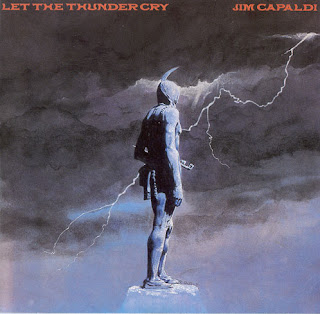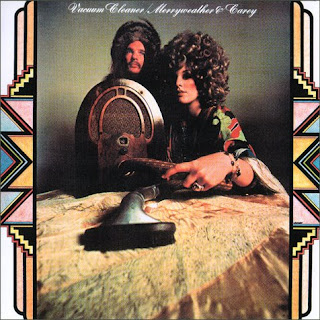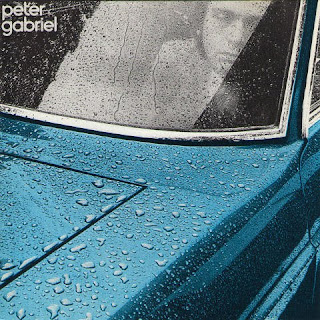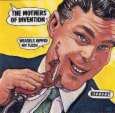Third Ear Band - Third Ear Band 1970

Although they were loosely affiliated with the British progressive rock scene of the late '60s and early '70s, Third Ear Band was in some ways more of an experimental ensemble performing contemporary compositional work. For one thing, they didn't use electric instruments, or even guitars, instead employing violin, viola, oboe, cello, and hand percussion. More important, they didn't play conventional rock "songs." They featured extended instrumental pieces that often built up from a drone, or hypnotic pattern, to a dense, raga-like crescendo, somewhat in the manner of some of
Terry Riley's work. Their "progressive rock" tag probably arose because they recorded for Harvest Records, Britain's leading art rock label, which was home to
Pink Floyd,
Kevin Ayers,
Pete Brown,
Edgar Broughton, and many other progressive acts.
The group was founded by drummer
Glen Sweeney, who had roots in Britain's free jazz scene, and had played with an avant-garde ensemble,
the Sun Trolley.
Sweeney described Third Ear's music as "electric acid raga," although the electricity was shut off shortly after they formed, when their electronic equipment was stolen.
Sweeney simply molded Third Ear into an acoustic ensemble, with the addition of oboe, violin/viola, and cello. The personnel (with the exception of
Sweeney) would rotate over the next few years; their early albums were produced by
Andrew King, who had helped manage
Pink Floyd in their early days.
Commercial success, or even widespread underground success, was never in the offing for Third Ear Band, and one gets the feeling that was not ever a consideration. Their albums were too somber and experimental for the rock audience, and in the U.S., they are still only known to a very few. Their biggest coup was getting commissioned to score and perform the soundtrack to
Roman Polanski's film version of
Macbeth (issued on record as
Music From Macbeth). The original incarnation of Third Ear Band disbanded in the early '70s. Surprisingly, they re-formed in the late '80s, and released a few albums that boasted sounds and ambitions that were similar to those found in their early work. AllMusic.
listen hereFR
/
USA
/
UK
 Kaleidoscope's second album is the best non-compilation showcase of their legendary eclecticism and versatility. It takes in a blues-rocking cover of Willie Cobbs' "You Don't Love Me"; Doug Kershaw's Cajun "Louisiana Man"; a scary old folk song ("Greenwood Sidee," about a woman who kills her two babies); a hilarious country-ish indictment of marriage ("Baldheaded End of a Broom"); two good acid-folk originals ("Life Will Pass You By" and "I Found Out"); and two completely dissimilar ten-minute-plus originals: the Middle Eastern "Taxim," and the psychedelic workout "Beacon from Mars." Every one of these disparate styles is performed with authority and commitment, and the result still has the power to amaze. AllMusic.
Kaleidoscope's second album is the best non-compilation showcase of their legendary eclecticism and versatility. It takes in a blues-rocking cover of Willie Cobbs' "You Don't Love Me"; Doug Kershaw's Cajun "Louisiana Man"; a scary old folk song ("Greenwood Sidee," about a woman who kills her two babies); a hilarious country-ish indictment of marriage ("Baldheaded End of a Broom"); two good acid-folk originals ("Life Will Pass You By" and "I Found Out"); and two completely dissimilar ten-minute-plus originals: the Middle Eastern "Taxim," and the psychedelic workout "Beacon from Mars." Every one of these disparate styles is performed with authority and commitment, and the result still has the power to amaze. AllMusic. / USA
/ USA / UK
/ UK

 /
/  /
/ 

 /
/  /
/ 

 /
/  /
/ 

 /
/  /
/ 


 /
/  /
/ 

 /
/  /
/ 

 /
/  /
/ 

 /
/  /
/ 

 /
/  /
/ 

 /
/  /
/ 

 /
/  /
/ 
